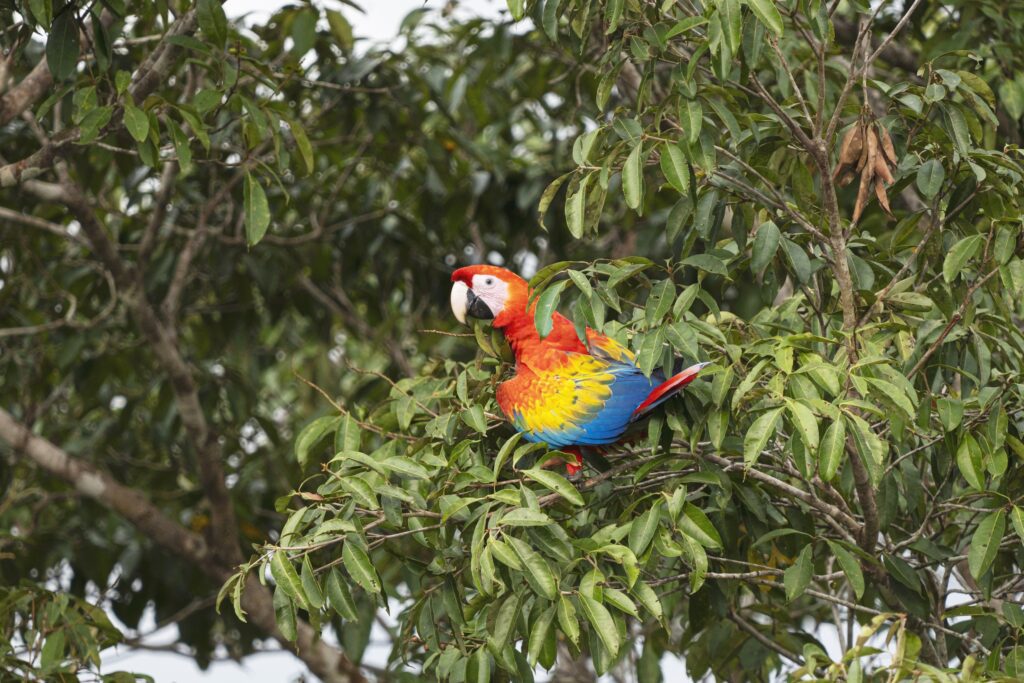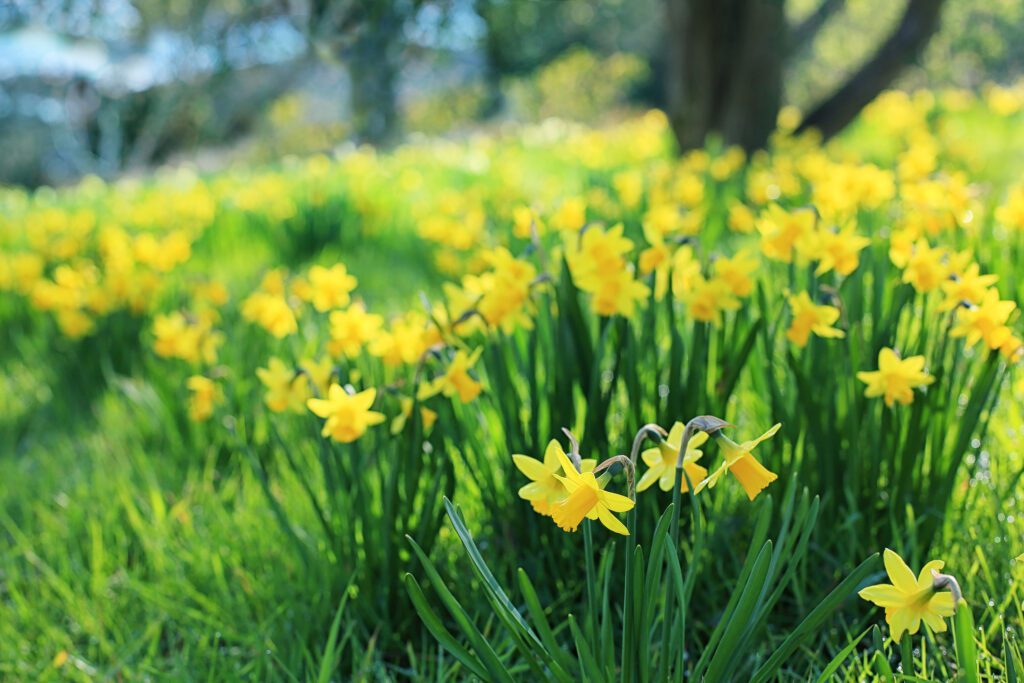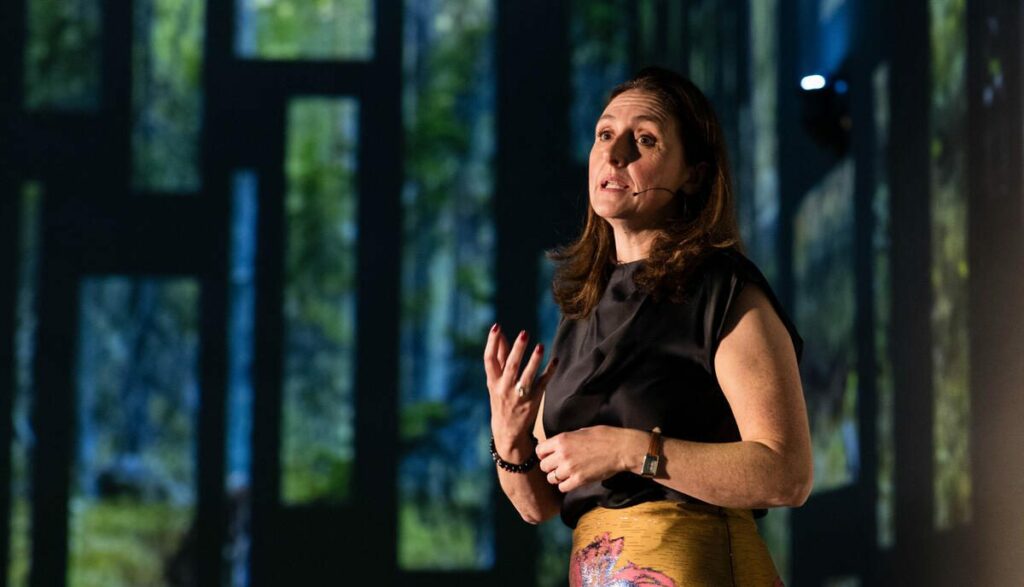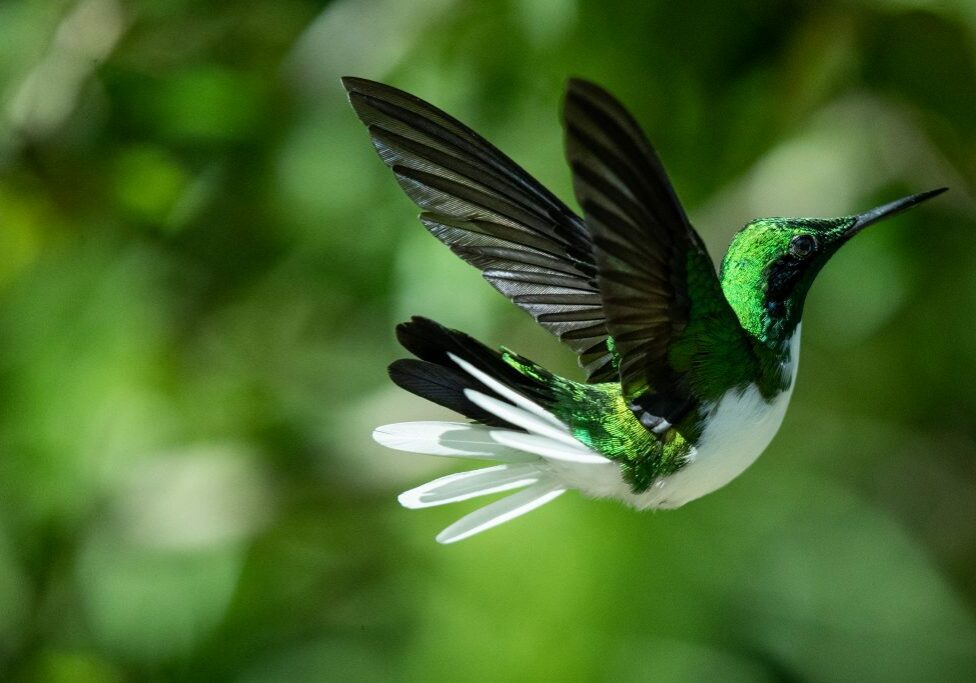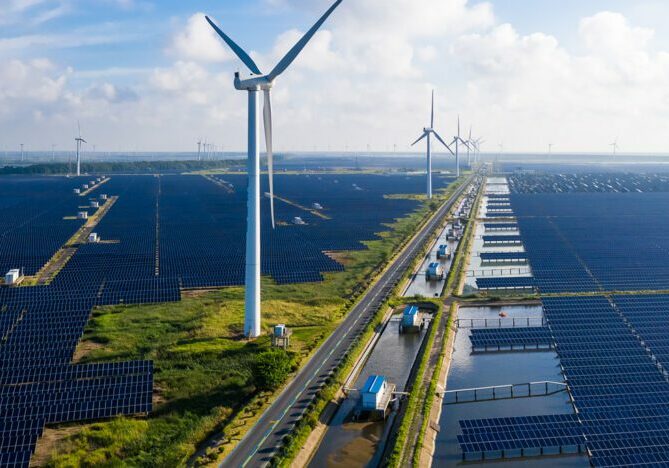The tree-covered hills of the Kaptagat landscape in south-western Kenya are home to a rich array of wildlife, as well as storing carbon, providing vital resources for local communities and being an important source of water.
They’re also home to a renowned high-altitude training centre used by many of Kenya’s elite athletes, including the marathon world record holder Eliud Kipchoge.
But this important landscape is under threat. Forest cover is declining as trees are cut down for charcoal and timber or cleared to make way for farmland, while grasslands are suffering from overgrazing. As the steep hillsides are cleared of vegetation, soil erosion and degradation are accelerating.
Over the past six years, the Kenyan government has organised annual tree-planting drives, which WWF has supported via the Greening Kaptagat programme since 2019. These initiatives have resulted in 1.5 million trees being planted, and have helped to restore more than 1,300 hectares of degraded land.
WWF-UK has supported this programme since 2021 through our Trillion Trees project – a joint venture between WWF, BirdLife International and the Wildlife Conservation Society. The planting has also received funding through the UK government’s Partnering for Accelerated Climate Transitions (PACT) programme.
With your support, and starting in July 2022, our partners in Kenya have planted another 250,000 native trees, using seedlings from local nurseries. That included distributing 40,000 fruit trees to local communities, which will provide a source of income and food for local people as well as improving their environment.
Restoring a forest landscape is about far more than just planting trees – it’s also about supporting local people to make a living sustainably, and tackling the problems that cause a landscape to become degraded in the first place.
Among other things, the Greening Kaptagat programme has provided local households with clean biogas stoves, which mean they no longer need to collect wood from the forests for fuel.
We’ve also used solar power to pipe clean water into more than 800 homes, and have trained local people in climate-smart agricultural practices.
On top of that, we’ve teamed up with the Eliud Kipchoge Foundation to help restore a 50-hectare block of forest, where Eliud plans to set up training paths through the forest and an ecotourism site.
Thanks for your support in helping to restore this landscape for nature and people – not to mention the marathon runners of the future.
BANNER IMAGE © FRANCK FIFE/AFP VIA GETTY
Become a forest hero
You can help us with our aim to bring back forests for people, nature and climate by supporting Trillion Trees.
You helped create a new national park in Colombia
Spotters’ guide: signs of spring
“If forests don’t survive, neither will we”
More to explore
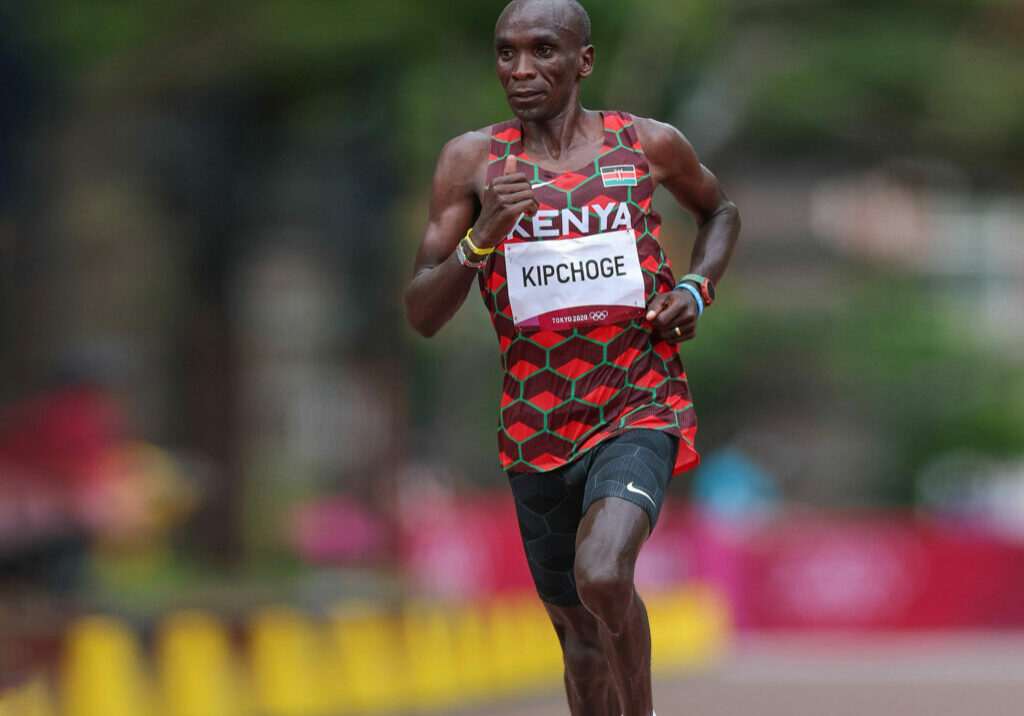
“In forest restoration, every second counts”
Long-distance runner and marathon world-record holder Eliud Kipchoge talks about his passion for Kenya’s forests and why he’s supporting our ambitious project to help protect them
